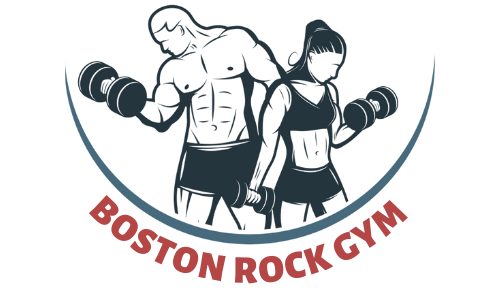Are you thinking about becoming a personal trainer? It’s definitely a rewarding career that allows you to help others improve their health and fitness. But it’s also not without its challenges. In this blog post, we’ll explore the pros and cons of becoming a personal trainer to help you decide if it’s the right career path for you.
Contents
Pros of Becoming a Personal Trainer
1. Helping Others Improve Their Health and Fitness

One of the biggest pros of becoming a personal trainer is the ability to help others improve their health and fitness. As a personal trainer, you’ll be able to work with clients to develop personalized fitness plans and help them reach their goals. This can be incredibly satisfying and can make a real difference in people’s lives.
2. Flexible Work Schedule
Another major pro of becoming a personal trainer is the potential for a flexible work schedule. Personal trainers often work with clients on an individual basis, which means you can schedule sessions around your own availability. This can be especially appealing to people who are looking for a career that allows them to have some control over their schedule.
3. Good Income Potential

Personal trainers can earn a good income, especially if they are successful at building a loyal client base. According to the Bureau of Labor Statistics, the median annual wage for personal trainers was $40,390 in 2019. However, experienced personal trainers with a strong reputation can earn much more.
4. Opportunities for Growth and Advancement
In addition to the potential for a good income, becoming a personal trainer can also open up opportunities for growth and advancement. As you gain experience and build your reputation, you may have the opportunity to advance to positions with more responsibility or to open your own training facility. This can lead to even more earning potential and professional fulfillment.
Cons of Becoming a Personal Trainer
1. Extensive Training and Certification Required

One of the major cons of becoming a personal trainer is the need for extensive training and certification. In order to work as a personal trainer, you’ll need to complete a certified personal training program and pass a certification exam. This can be time-consuming and costly, and it requires a significant commitment to learning and studying.
2. Long and Irregular Work Hours
Another potential downside of becoming a personal trainer is the potential for long and irregular work hours. Personal trainers often work with clients on an individual basis, which means you may have to work evenings and weekends to accommodate your clients’ schedules. This can be demanding and can take a toll on your personal life.
3. Physical Strain and Injury
Working as a personal trainer can also be physically demanding. You will need to be in good physical shape yourself, and you will need to be able to demonstrate exercises and assist clients with their workouts. All the physical activities can put a strain on your body and can lead to injuries if you’re not careful.
4. Competition in the Market

In addition to the challenges mentioned above, becoming a personal trainer also means entering a competitive market. There are many personal trainers out there, and it can be difficult to stand out and attract clients. This can make it challenging to build a successful career as a personal trainer. Aside from having expertise in fitness, you also need to know how to market yourself and learn about the business of being a personal trainer.
Balancing the Pros and Cons
As with any career, becoming a personal trainer has both pros and cons. It’s important to carefully weigh these factors to determine if it is the right fit for you. Consider your interests, skills, and goals, and think about how becoming a personal trainer will help you achieve them. Be honest with yourself about the challenges of this career, and consider whether you are willing and able to overcome them.
Sign Up as an Intern or Volunteer
One way to balance the pros and cons of becoming a personal trainer is to start by gaining some experience in the field. One thing you could do is volunteer as a fitness instructor at a local community center or gym, or intern with a personal trainer to see what the job is like firsthand. This will give you a better idea of whether this career is a good fit for you, and it can also help you build your skills and experience.
Examine the Available Training Programs

Another way to balance the pros and cons is to carefully evaluate the training and certification programs available to you. Learn more about the programs that are accredited and recognized by industry organizations, such as the American Council on Exercise (ACE), the National Academy of Sports Medicine (NASM), or the International Sports Science Association (ISSA). To better know which one you should go for, read up on reviews of these programs on reputable sites like Breaking Muscle.
These programs typically offer a comprehensive curriculum that covers a wide range of topics, including anatomy and physiology, exercise science, and nutrition.
They also often include hands-on experience and internship opportunities, which can be valuable in building your skills and experience. By choosing a reputable and high-quality training program, you can set yourself up for success as a personal trainer.
It’s also a good idea to talk to other personal trainers and ask for their advice and recommendations. By taking these steps, you can make an informed decision about whether becoming a personal trainer is the right career path for you.
Conclusion
In conclusion, becoming a personal trainer can be a rewarding and fulfilling career that allows you to help others improve their health and fitness. However, it also comes with challenges such as the need for extensive training and certification, the potential for long and irregular work hours, and the potential for physical strain and injury.
Carefully consider the pros and cons of this career before making a decision, and remember that it’s important to choose a career that is right for you.

